Vietnam has chosen the right direction when it aims to make science, technology and innovation the main driving force for socio-economic development.
This was the affirmation made by Dr. Grigory Trubnikov, Academician of the Russian Academy of Sciences, Director of the Joint Institute for Nuclear Research (JINR), abbreviated as the Dubna Institute, in Dubna city, in an interview with a VNA reporter in Russia about Resolution 57-NQ/TW, issued by the Politburo in December 2024, on breakthroughs in science, technology, innovation and national digital transformation.
Dr. Grigory Trubnikov emphasized that Vietnam is a rapidly growing economy with a large population, favorable geographical location and good climate conditions. He said that Vietnam can aim to lead in many indicators, including economic, scientific, technological and educational indicators.
The head of Russia's leading scientific research institution shared that international cooperation is the way to develop the country's science. This is a very beneficial mechanism economically and intellectually, when each country contributes a part.
These contributions, when combined, create a great intellectual potential that belongs to all. All publications, inventions, and technologies of this academy are open to the world's sciences.
Mr. Trubnikov believes that this is a very beneficial format for Vietnam as well as other members.
To participate in effective cooperation, each country needs to develop policies, identify its priorities and tasks, and make proposals to find a common denominator to solve those priority tasks.
According to Dr. Trubnikov, Russian-Vietnamese cooperation in the field of science received new impetus when the Vietnamese Government adopted a policy decision on the establishment of the Nuclear Technology Center.
Dubna Institute has been actively involved, for example, in the design of some very complex equipment for the fields of medicine, biology, basic research, new materials.
Thanks to the active exchange of delegations over the past 3 years, the two sides can now jointly build this project. Certainly, the project will define the future of Vietnam's science for the next 30-40 years.
The JINR Director added that although the project is still in the design phase, Vietnamese scientists in Dubna have been preparing and improving their qualifications to carry out the project's tasks.
Dr. Trubnikov hopes that the center will be built in the next 1-2 years and that Russia, the Russian Nuclear Energy Corporation Rosatom, will actively participate. By then, from the Dubna Institute, there will be 20-30 well-trained staff with practical experience, mastering many skills and ready to contribute their talents to their homeland.
There are currently about 30 Vietnamese scientists working at the Dubna Institute. This number has increased sharply since last year. In the near future, the institute plans to welcome nearly 20 more scientists from Vietnam.
At the institute, Vietnamese officials conduct scientific research, defend their theses, improve their qualifications, and return to their homeland to continue contributing to the country's science.
Dr. Trubnikov concluded that all were the results of the correct policy on science and technology development./.
Source: https://www.vietnamplus.vn/chuyen-gia-nga-viet-nam-chon-huong-di-dung-ve-phat-trien-khoa-hoc-cong-nghe-post1022818.vnp


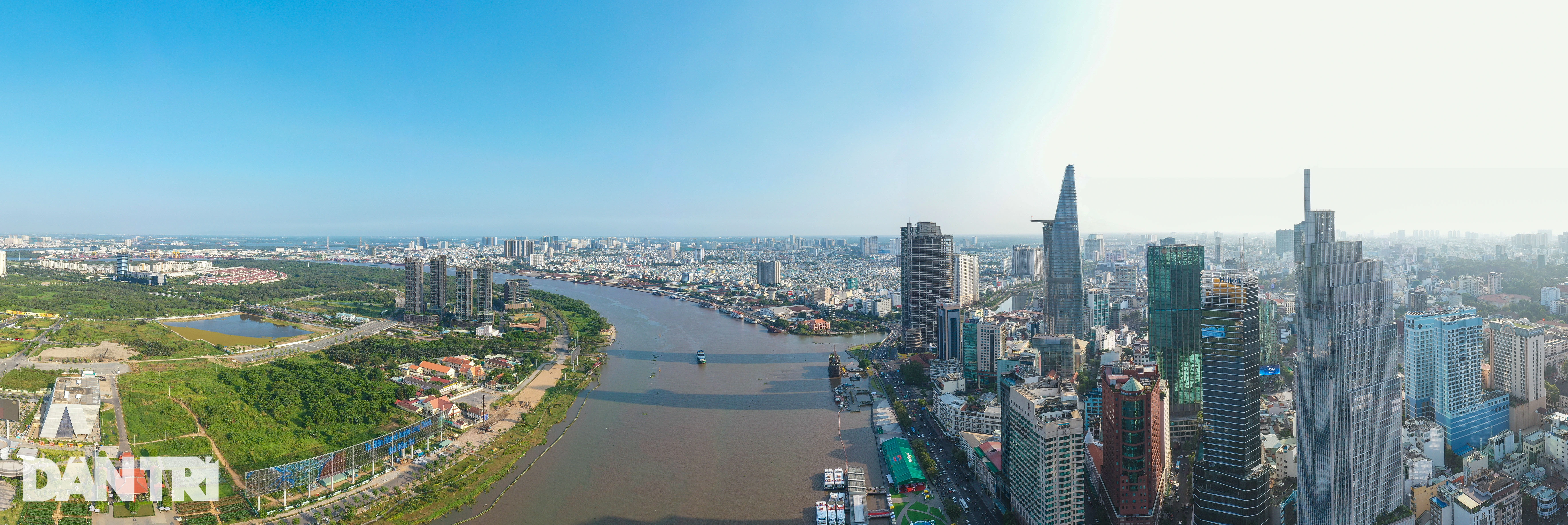

![[Photo] Brazilian President visits Vietnam Military History Museum](https://vstatic.vietnam.vn/vietnam/resource/IMAGE/2025/3/29/723eb19195014084bcdfa365be166928)
![[Photo] Prime Minister Pham Minh Chinh and Brazilian President Luiz Inácio Lula da Silva attend the Vietnam-Brazil Economic Forum](https://vstatic.vietnam.vn/vietnam/resource/IMAGE/2025/3/29/f3fd11b0421949878011a8f5da318635)

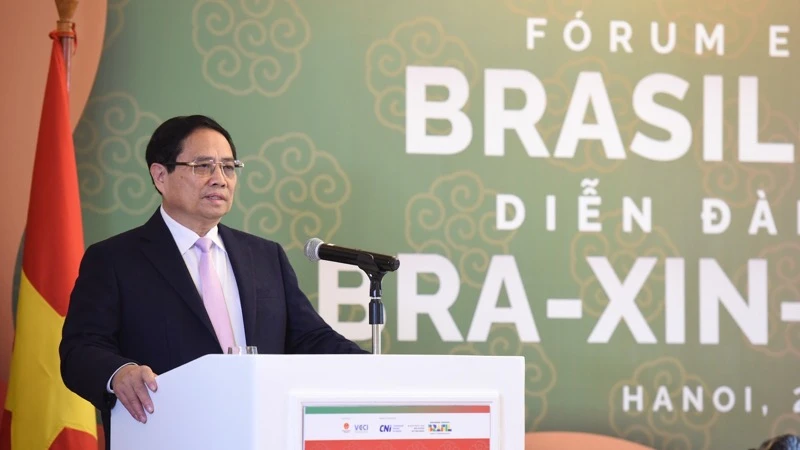

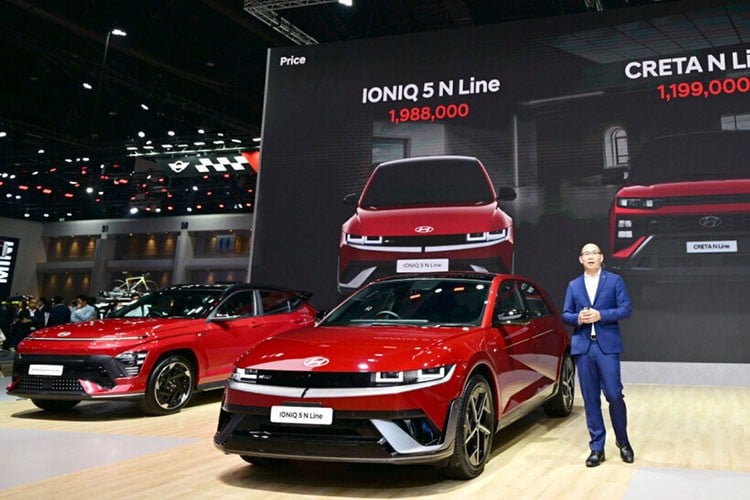

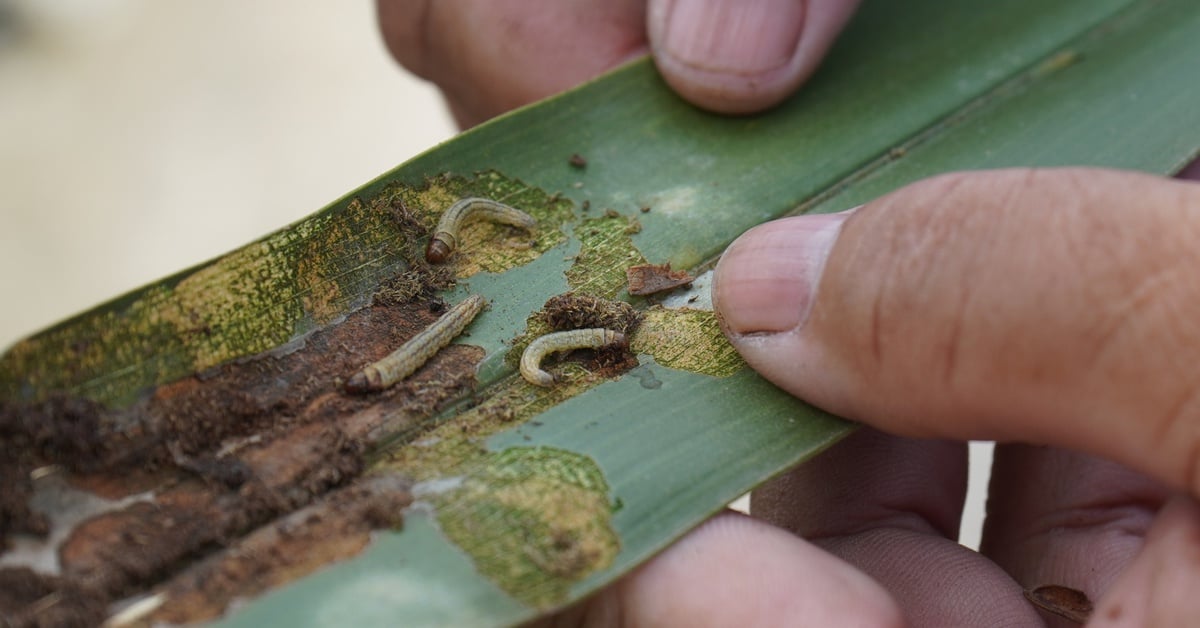





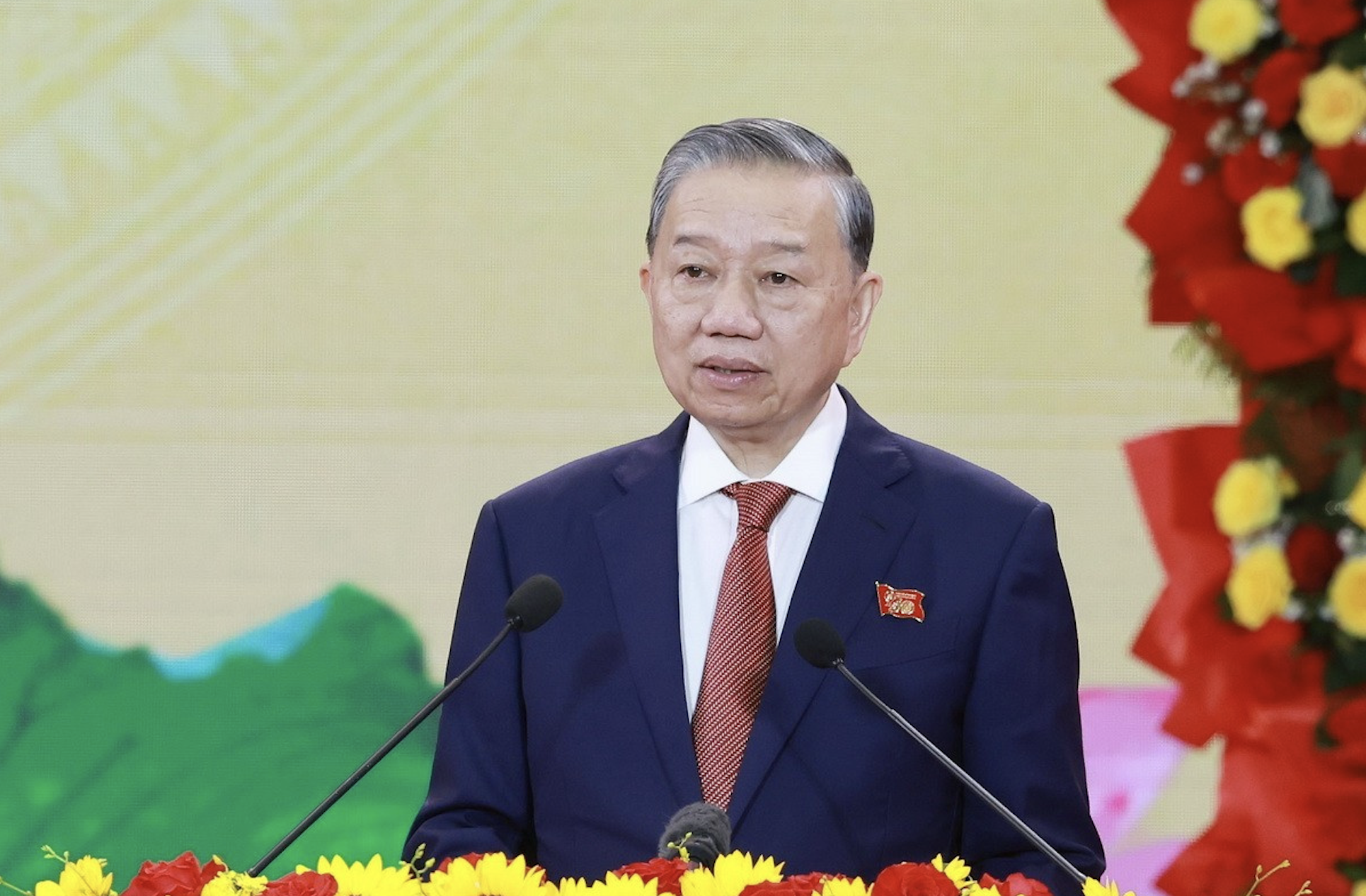
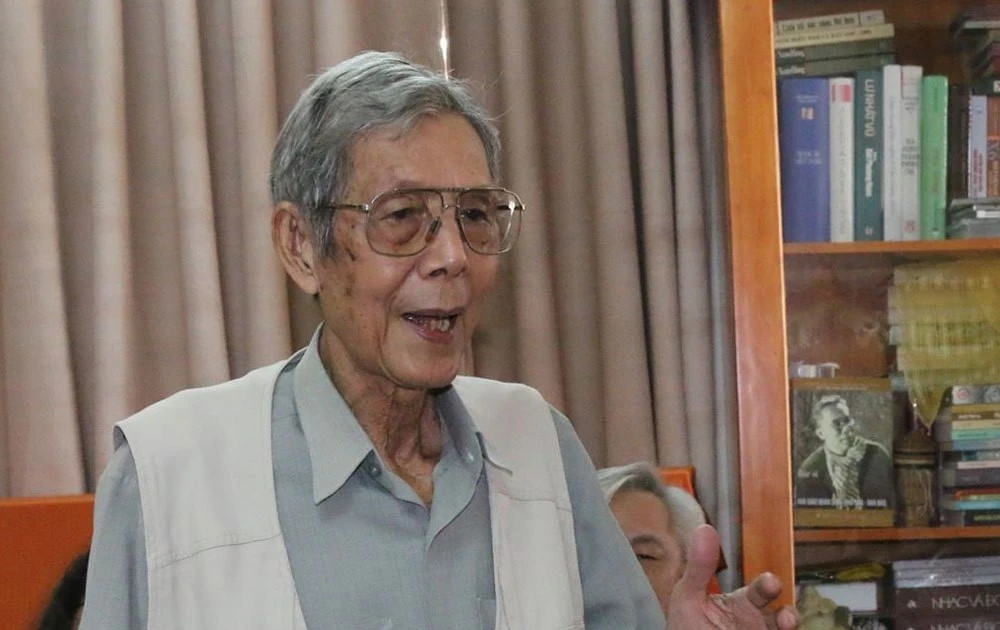


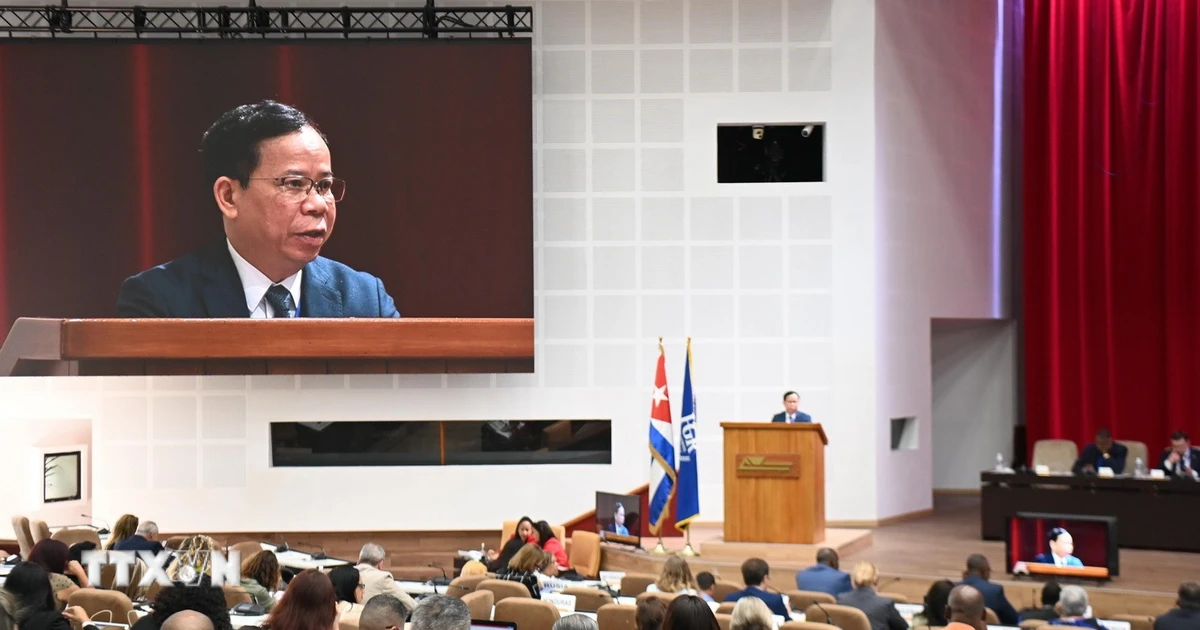












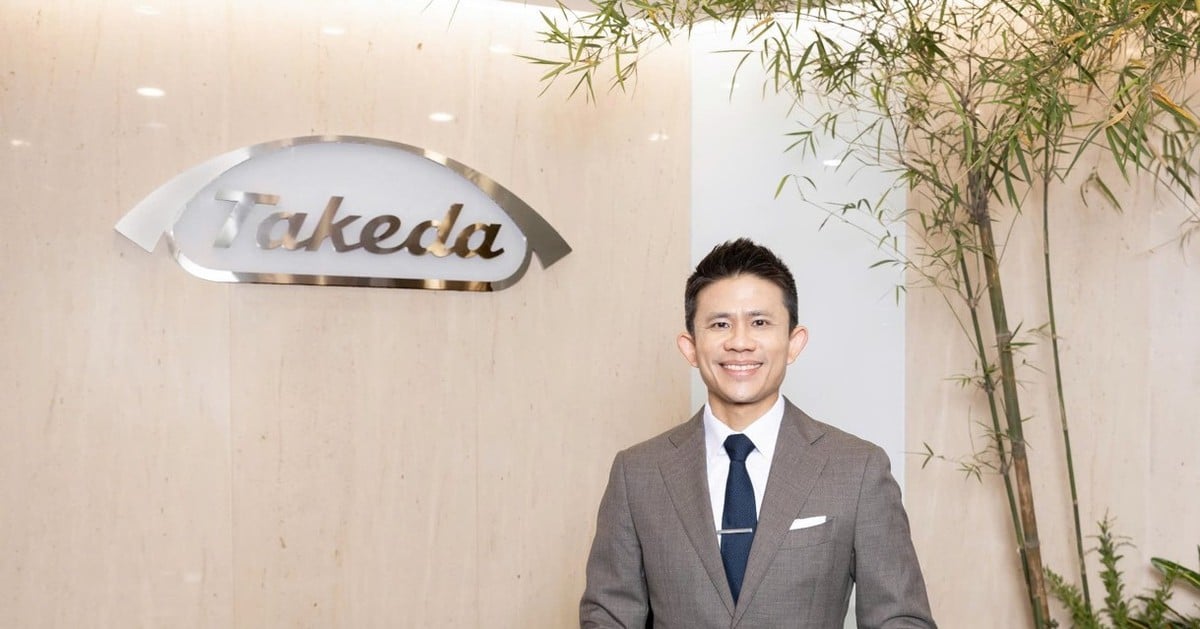

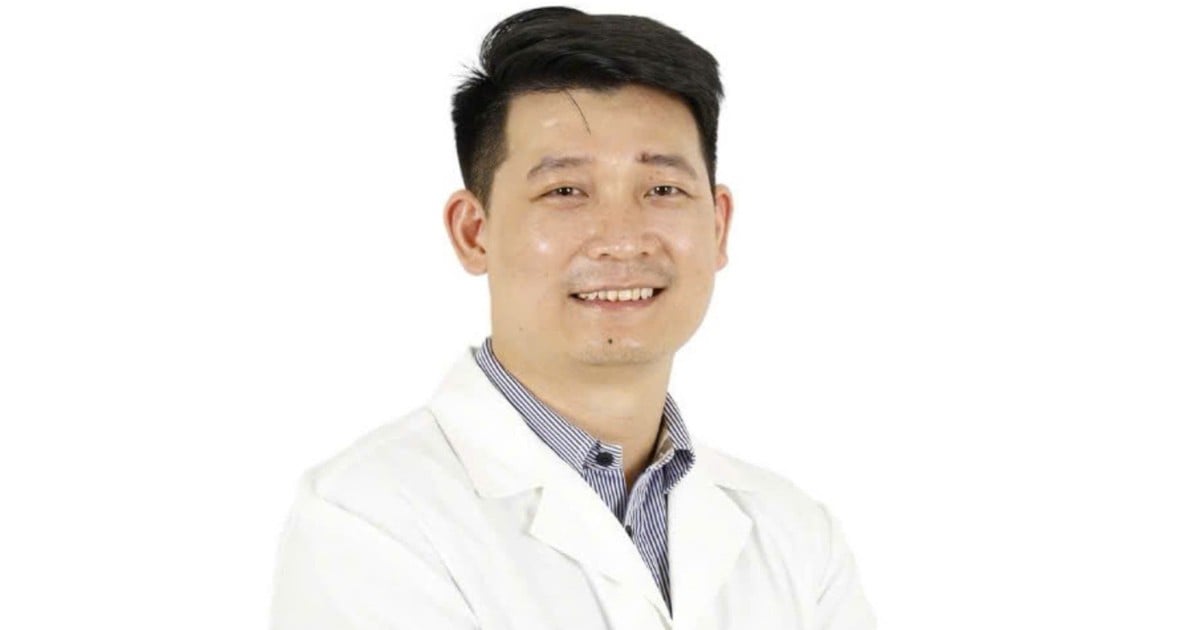
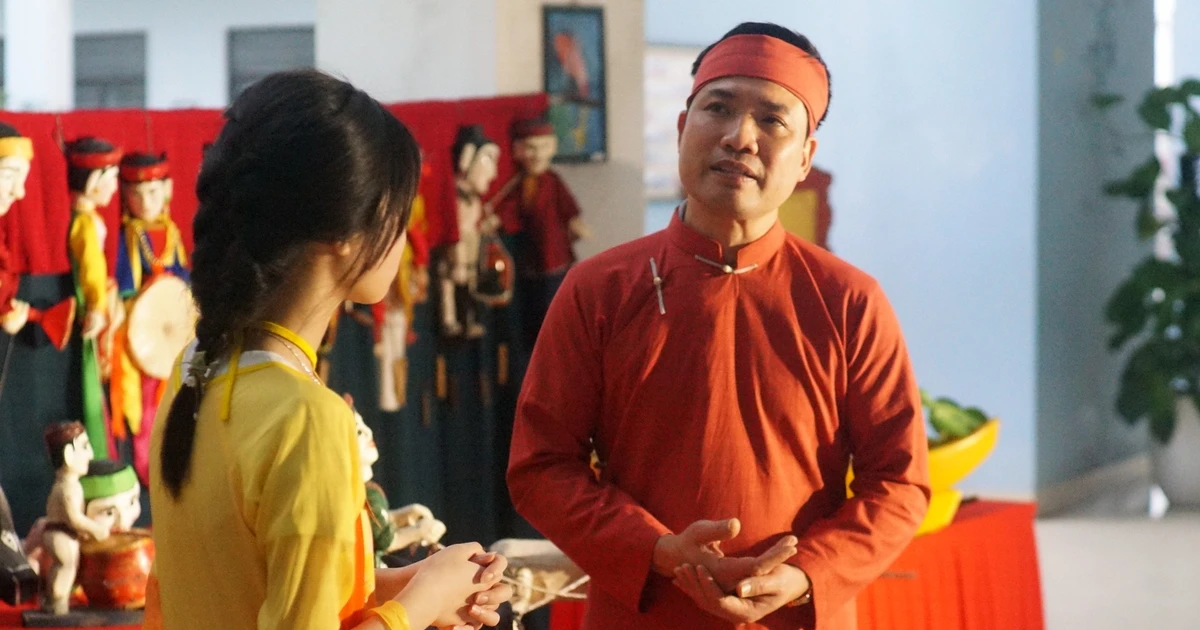
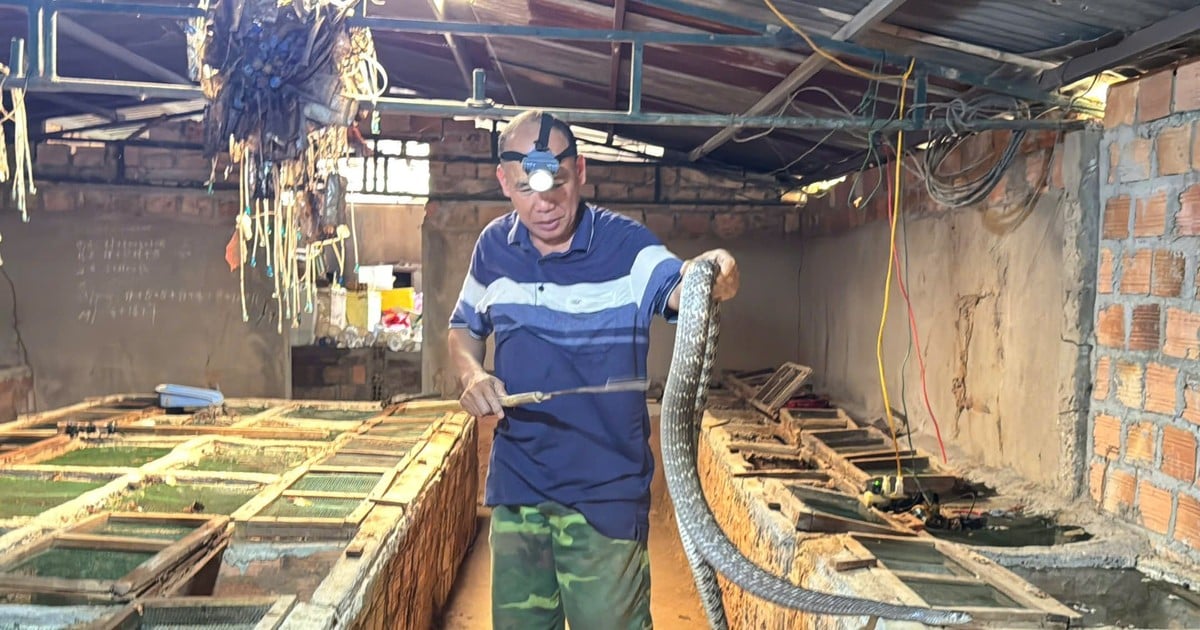
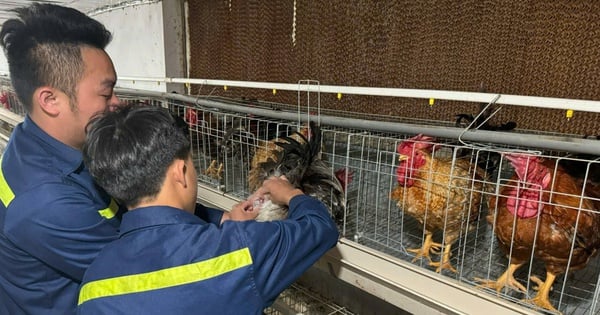

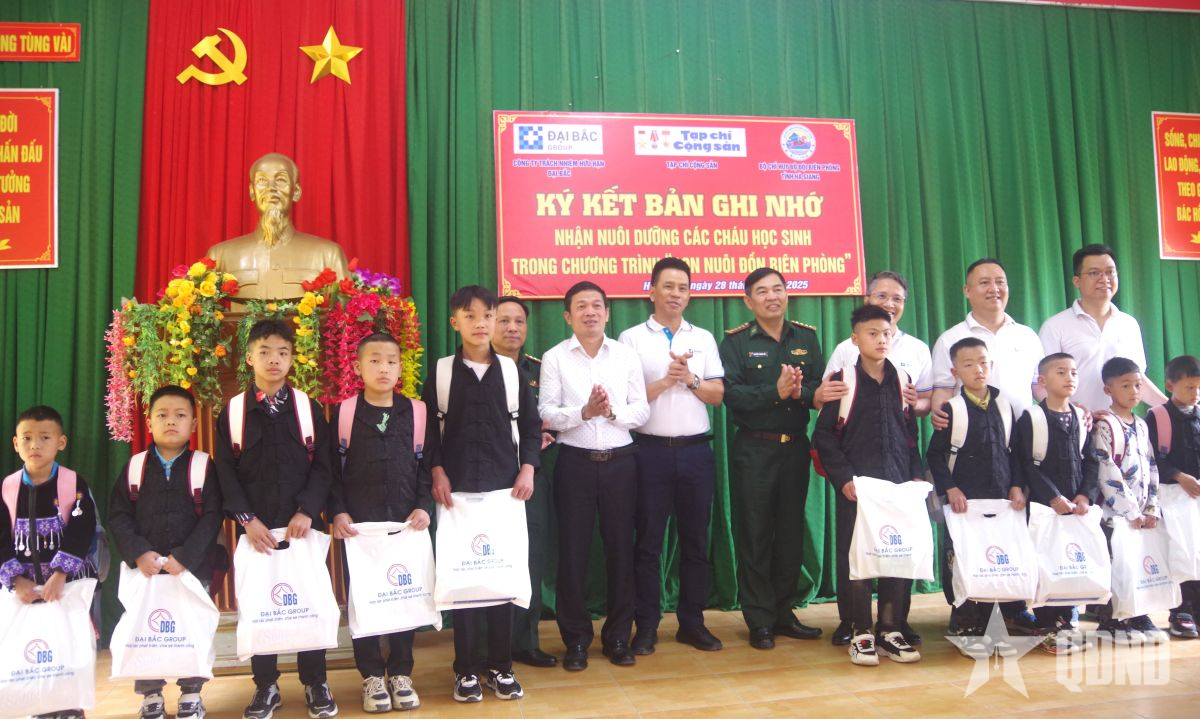










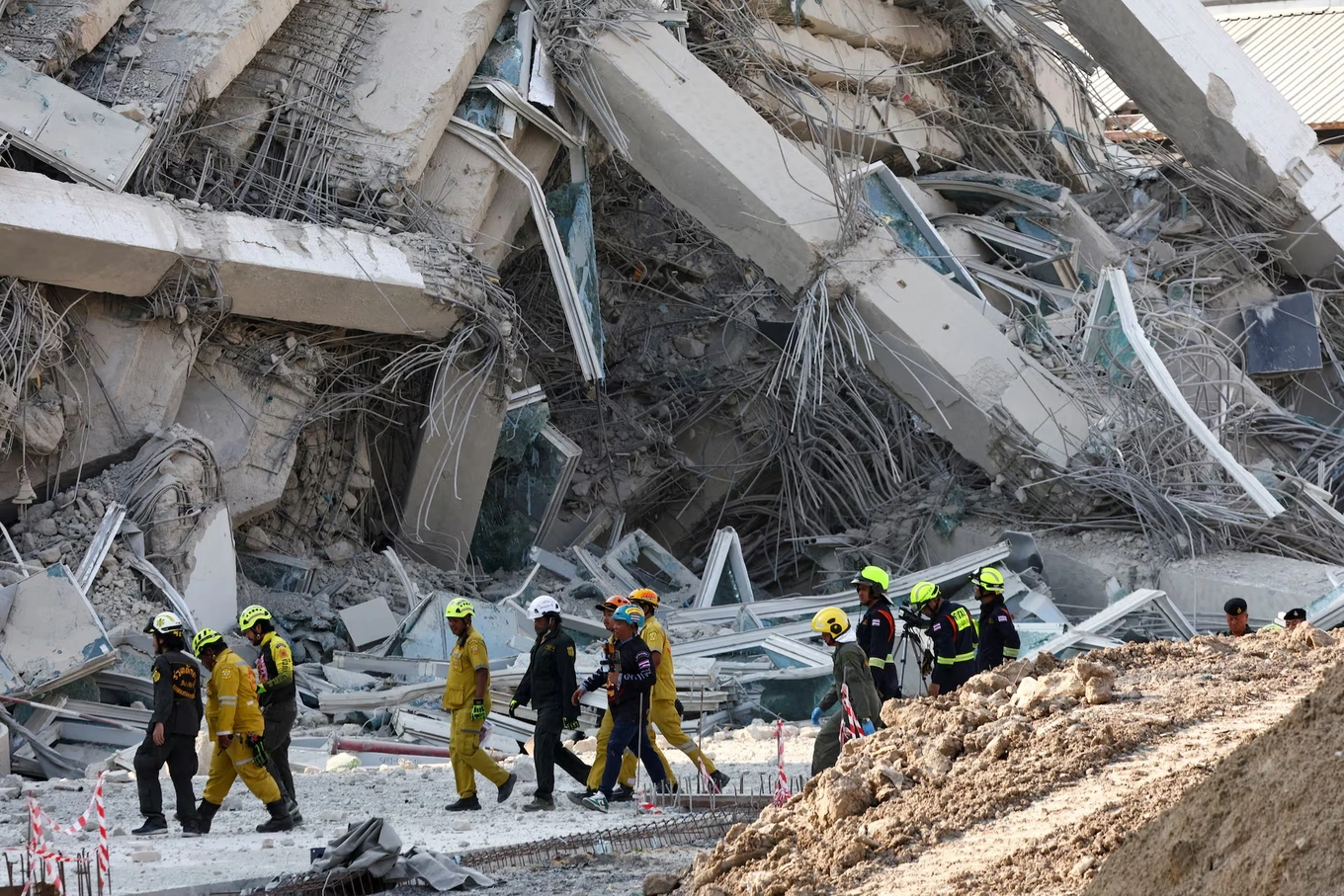


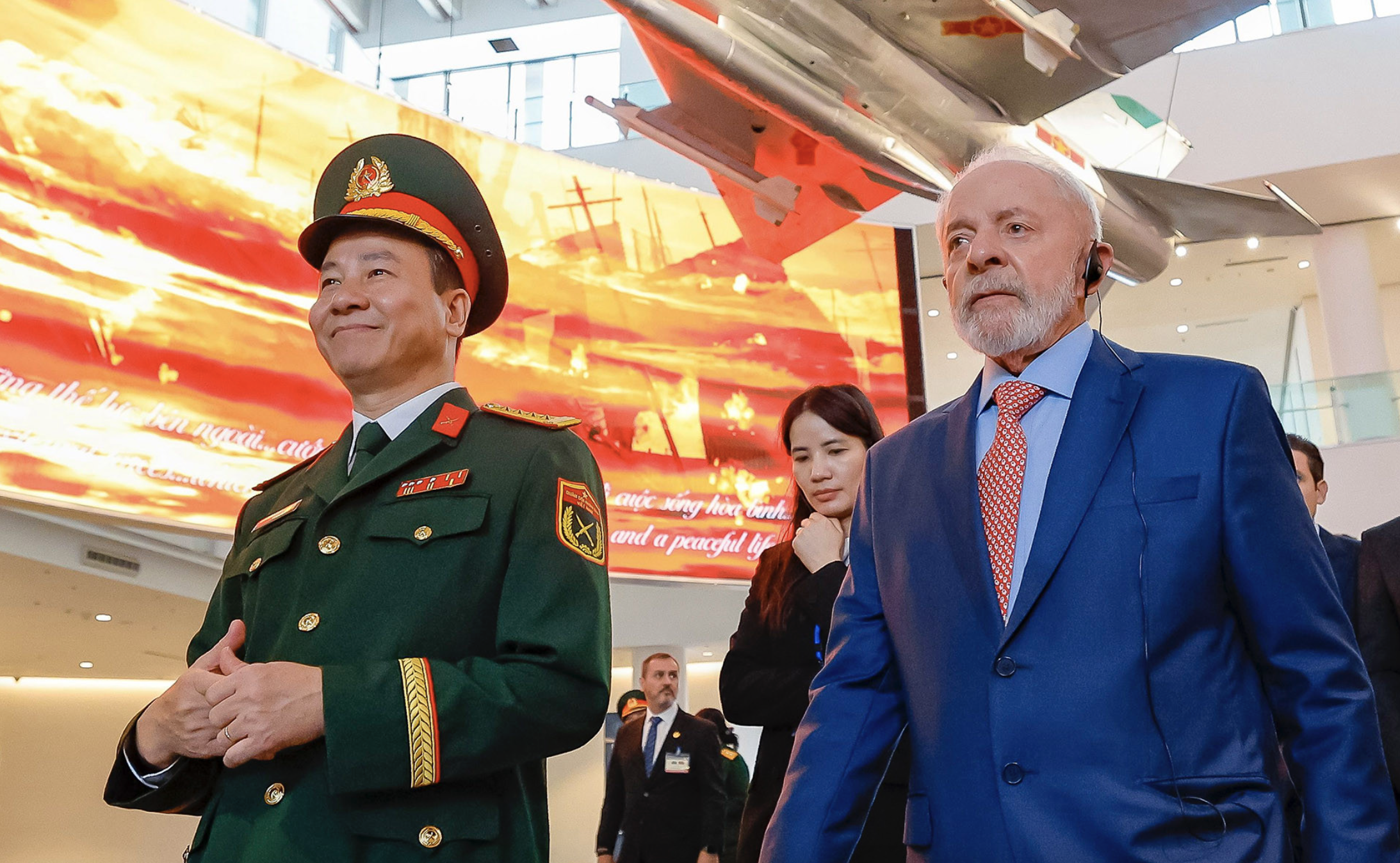
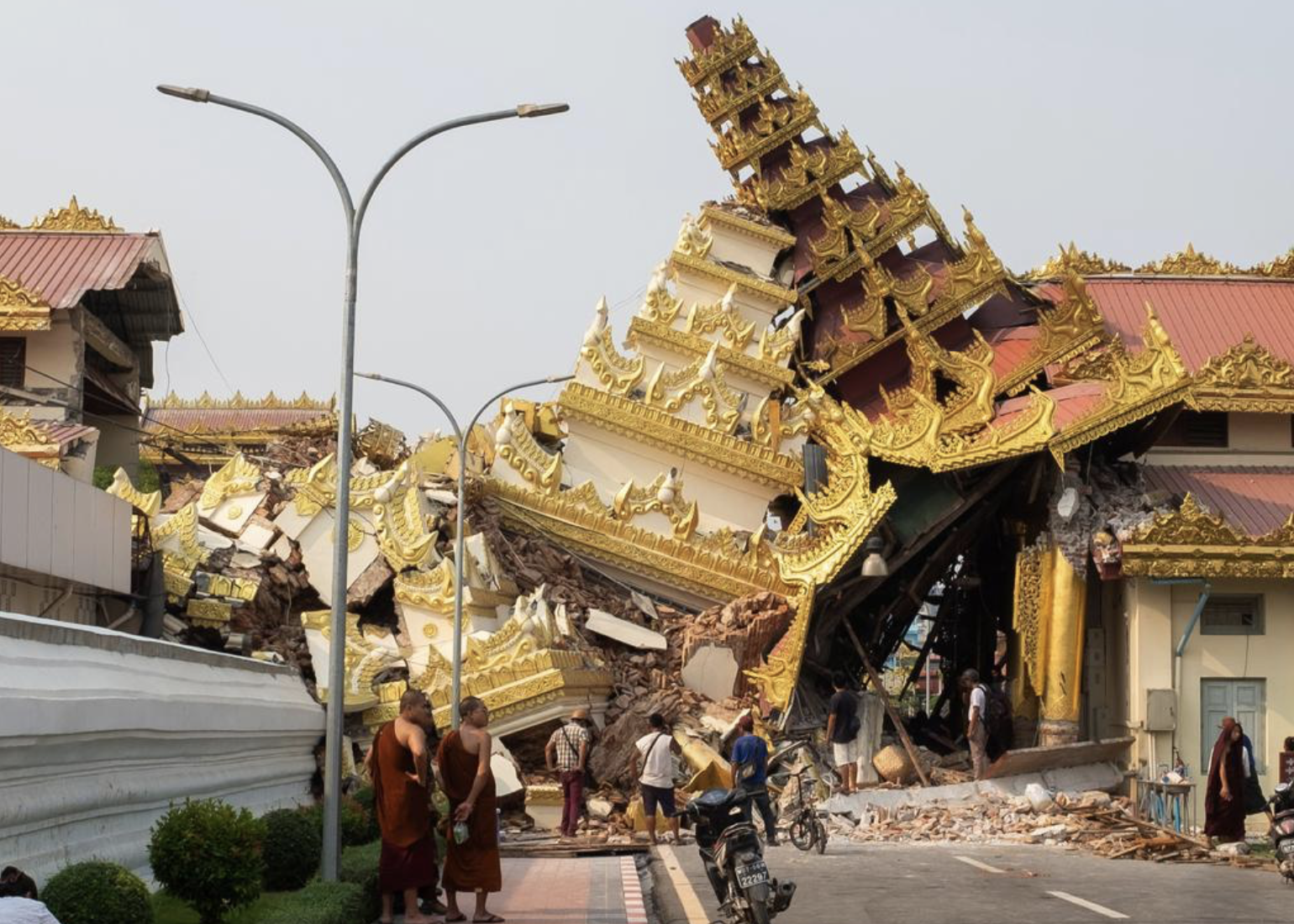
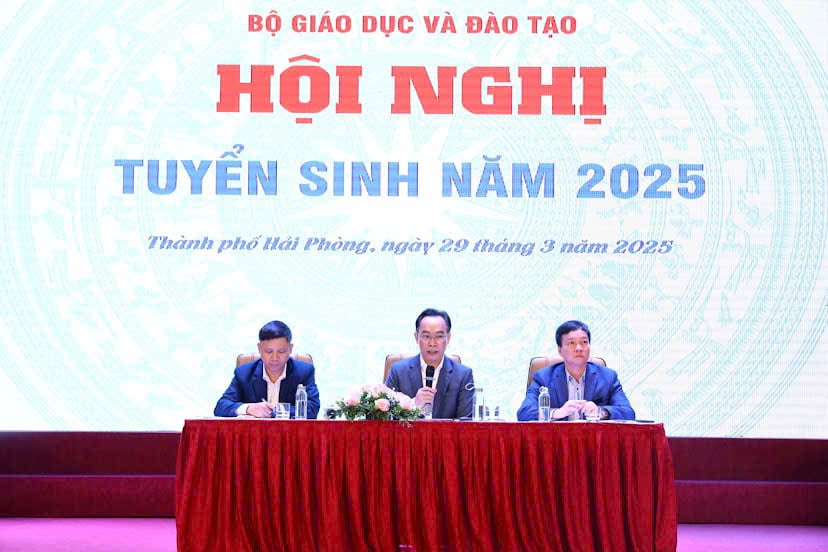



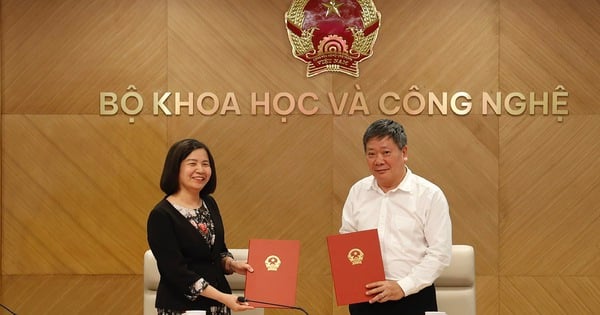

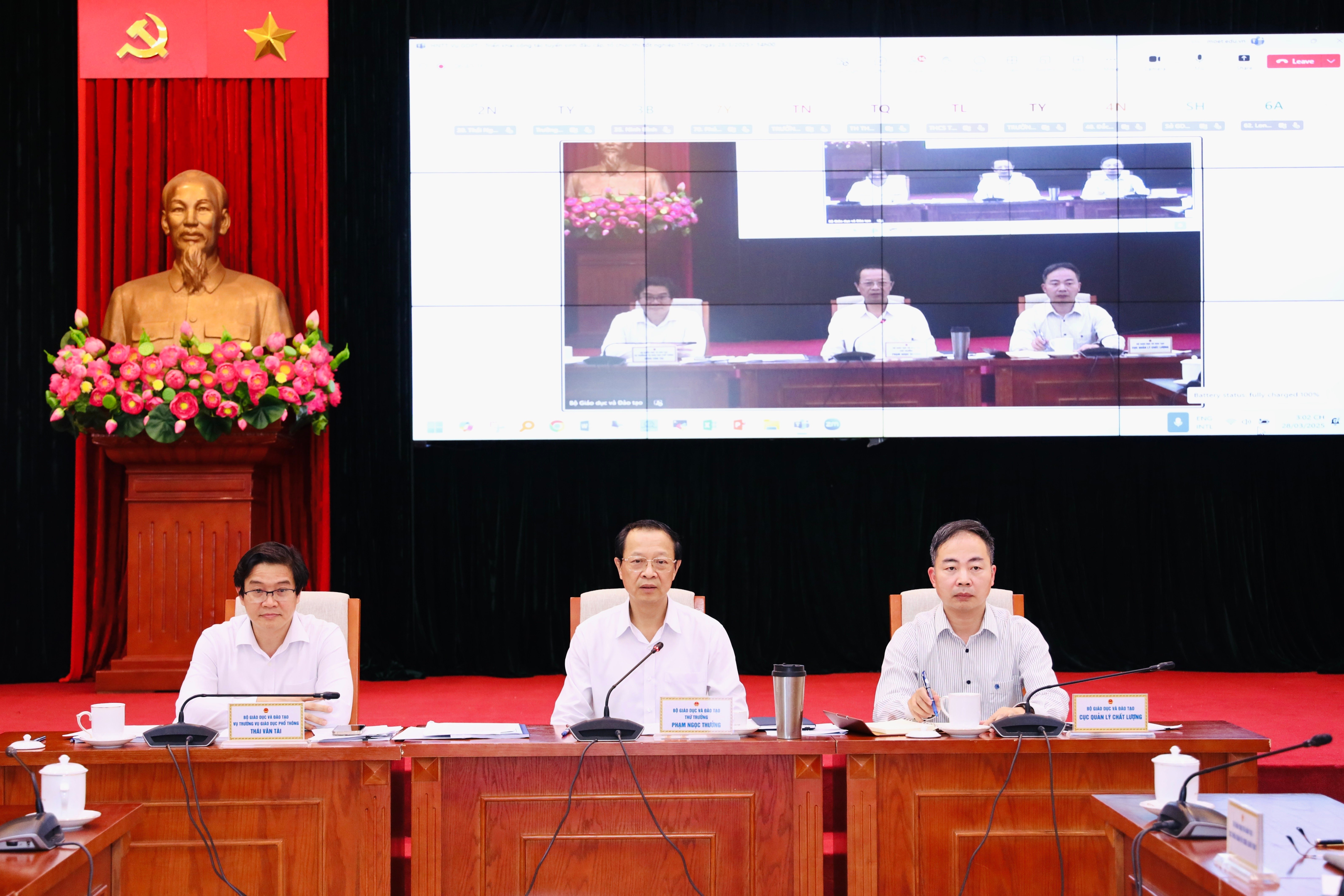
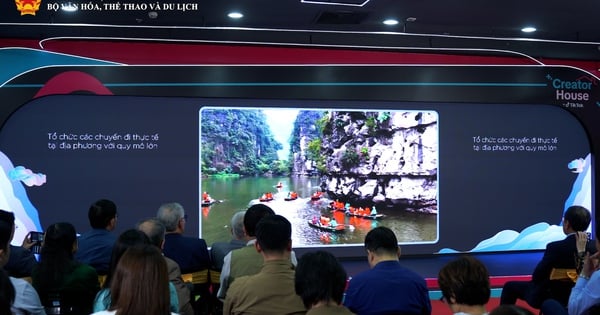
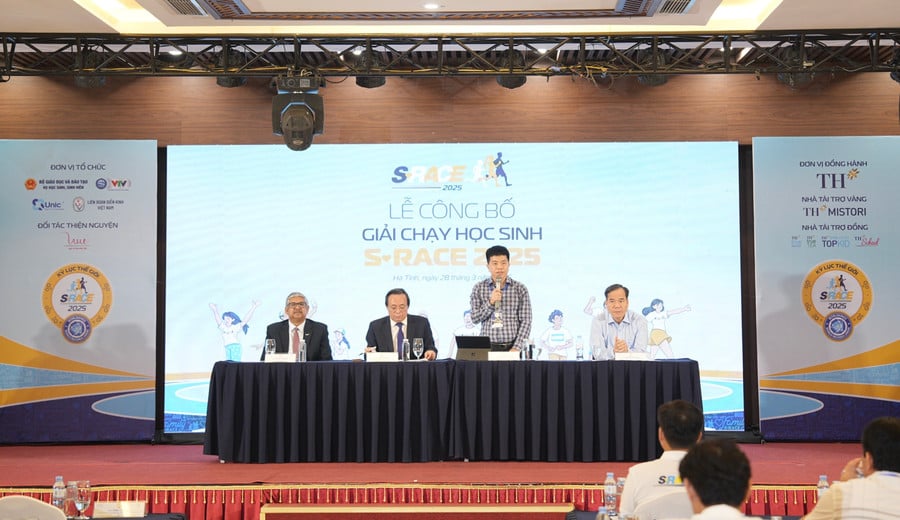


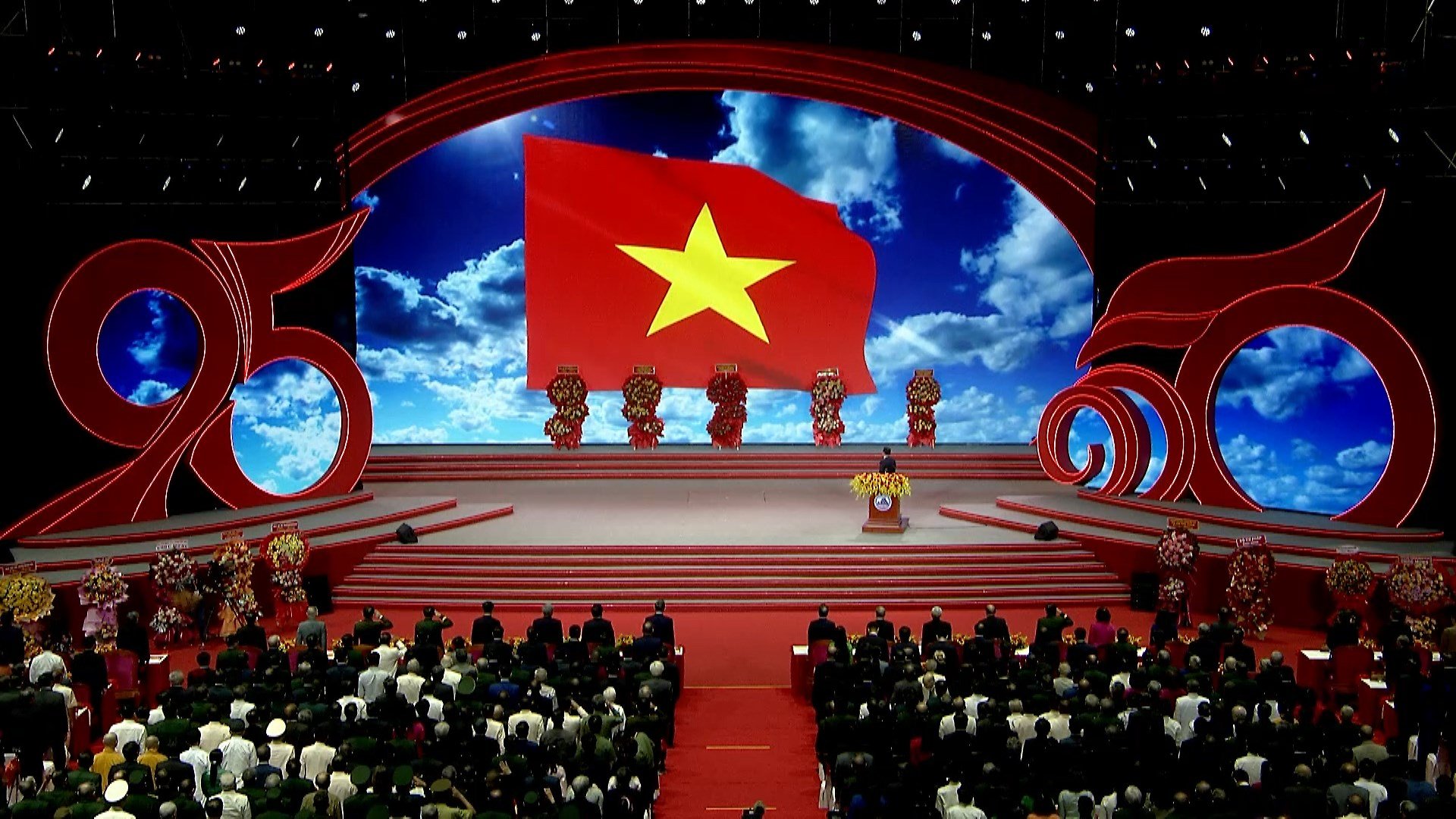
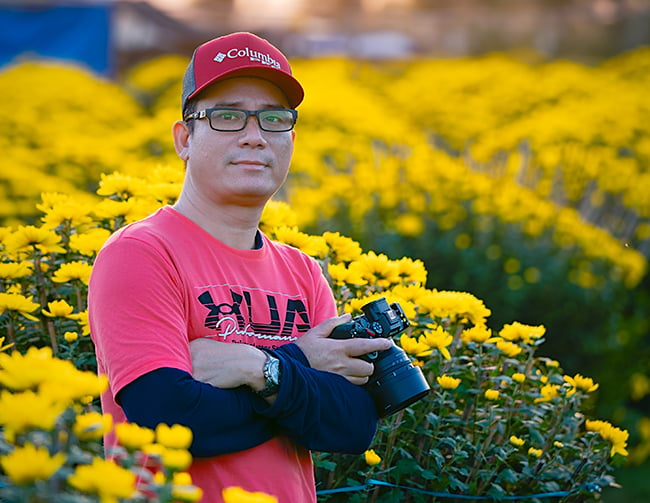
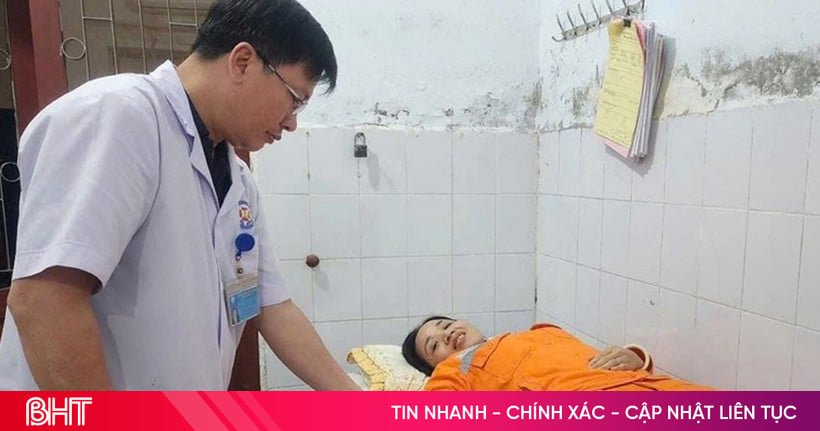

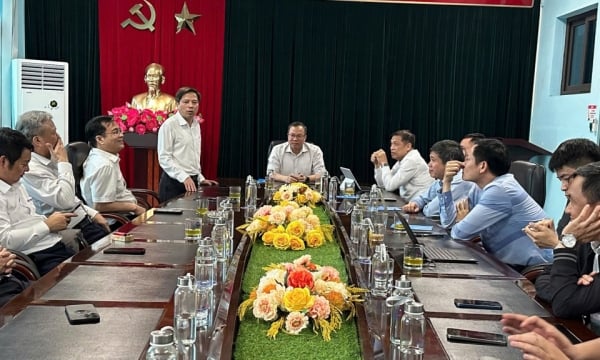

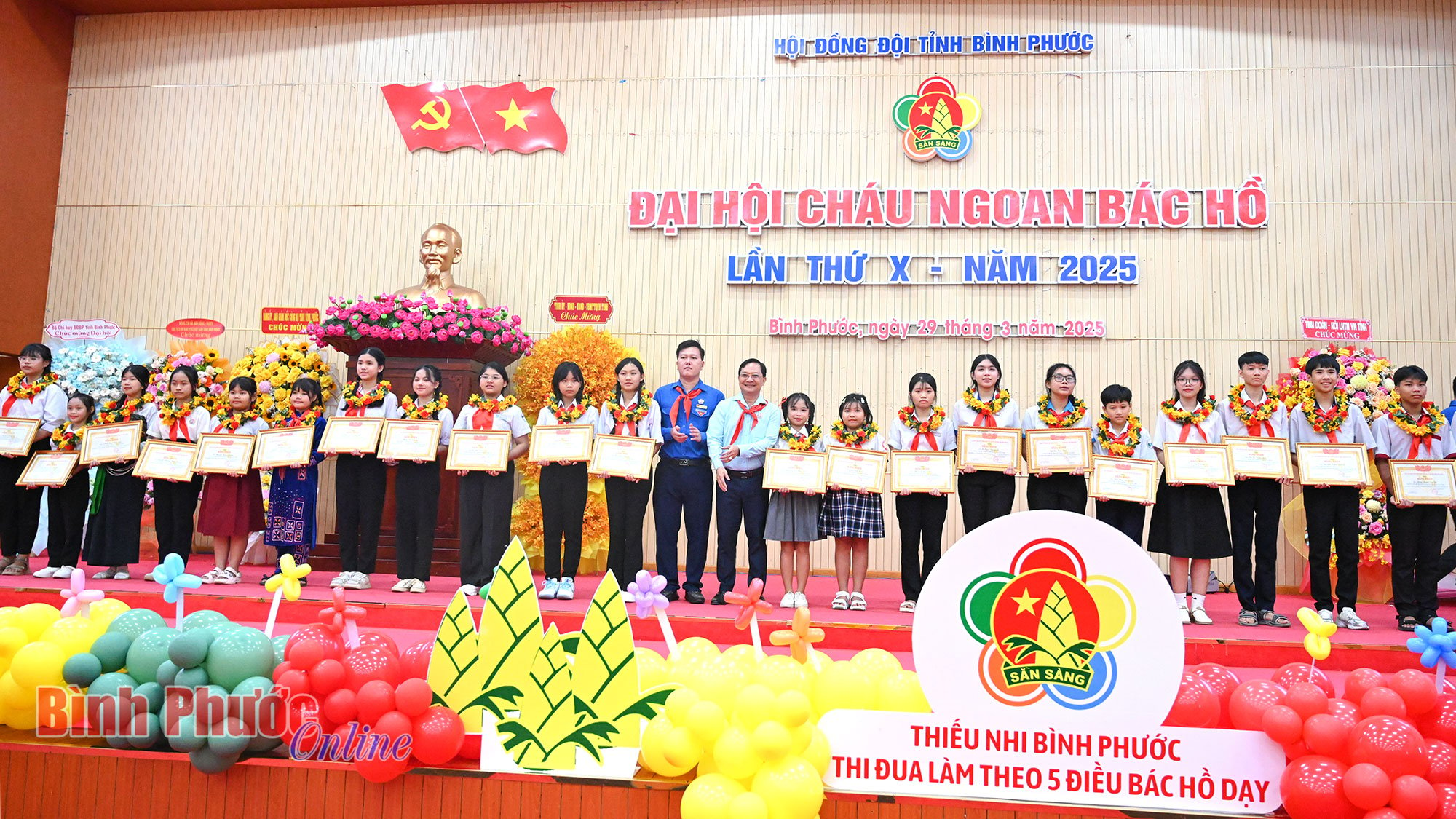











Comment (0)